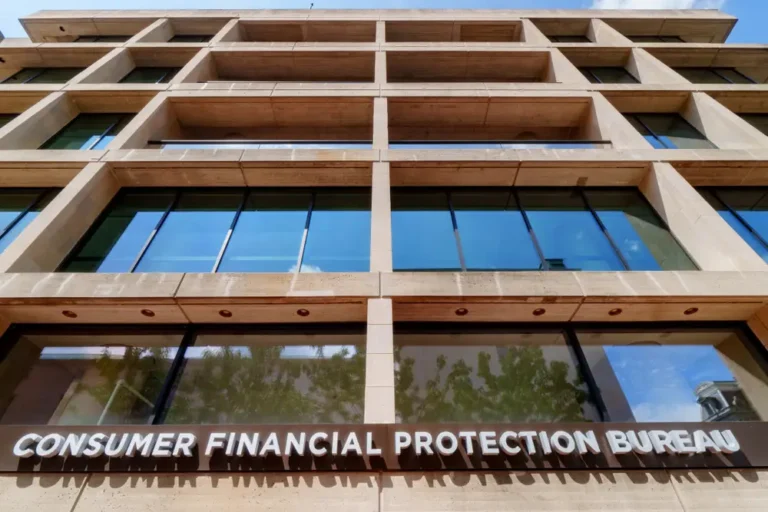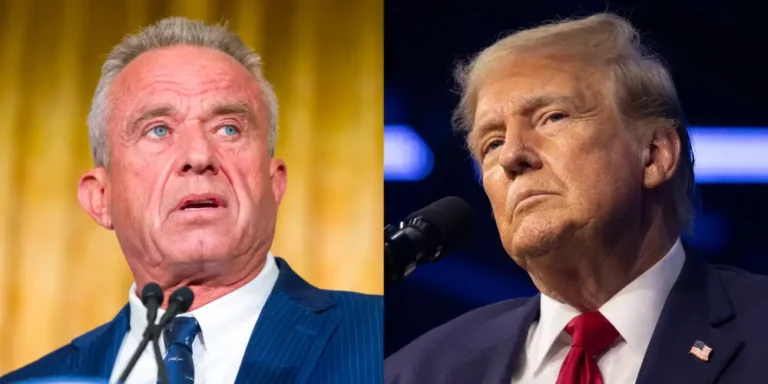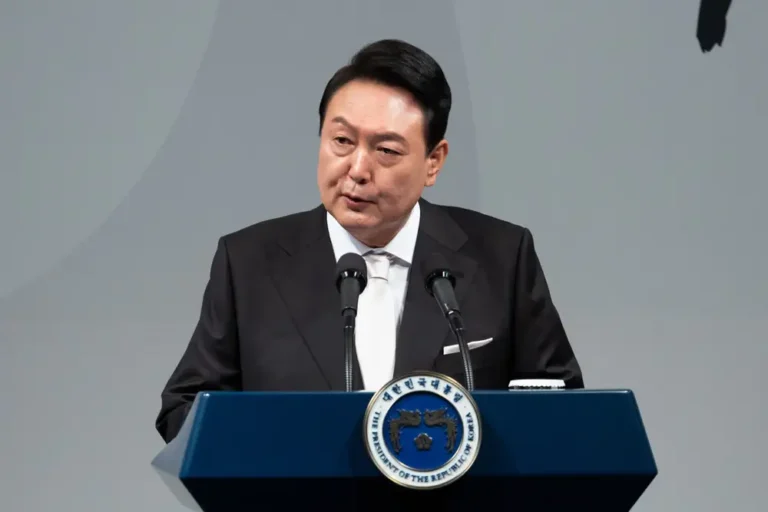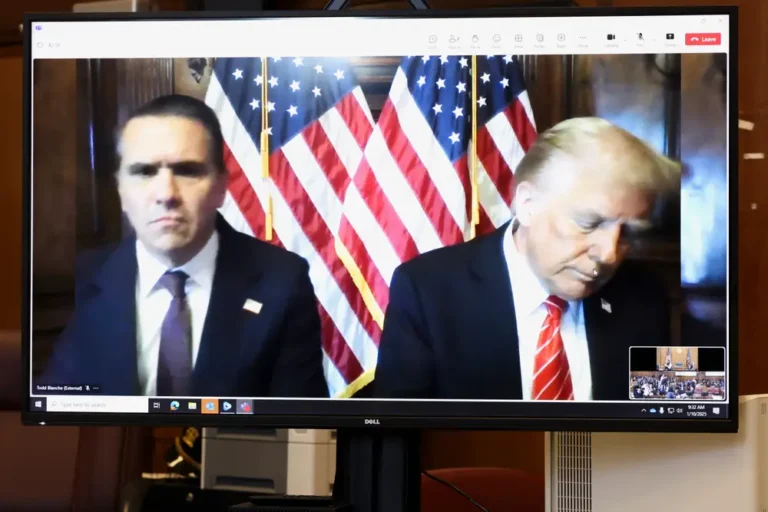The courts could decide this presidential election, and both campaigns are gearing up for an ugly legal fight
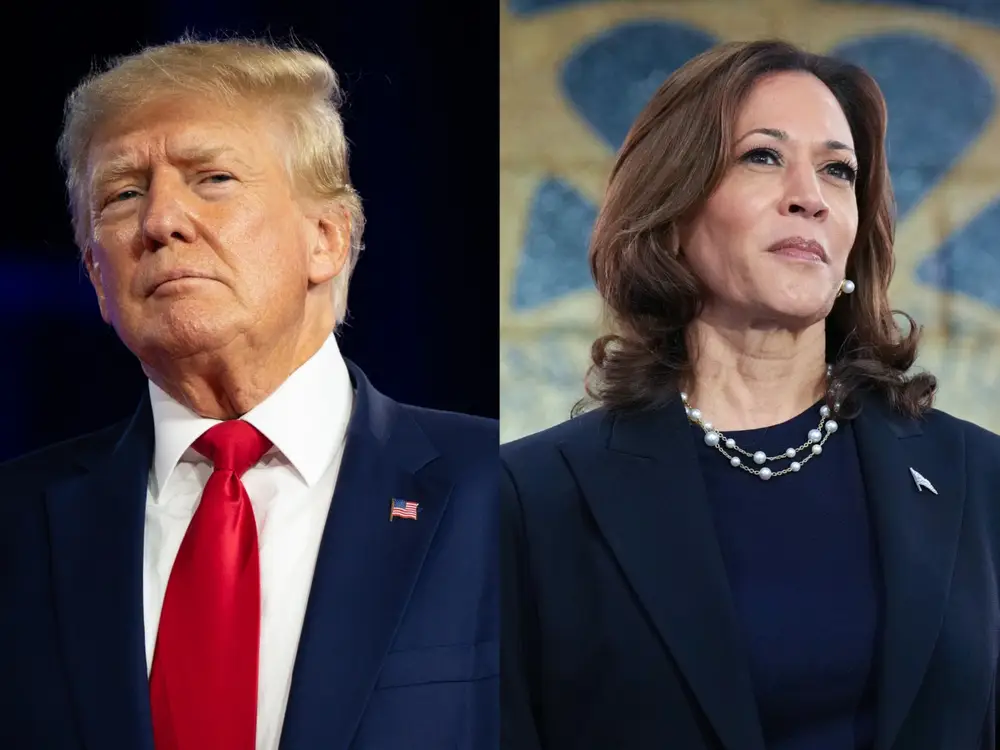
Both the Trump and Harris campaigns are gearing up for a nasty legal battle in court over the outcome of this year’s election.
This year’s election is shaping up to be decided in court, rather than the ballot box, legal experts told B-17, and both Donald Trump and Kamala Harris are preparing for a nasty legal battle to duke it out.
Republican groups, both formally and informally aligned with Trump, are preparing to challenge the outcome of the election in multiple battleground states.
The Guardian reported that Trump allies in Georgia have adopted new rules for the state’s election board, allowing members to potentially delay certification of the election over undefined inquiries into ballot discrepancies.
In Arizona, Michigan, and Nevada, the GOP has pushed for voter rolls to be purged despite established federal limits on doing so in the months before the election, per The Washington Post. Republicans in Nevada also filed a suit to prevent mail-in ballots from being counted if they’re received after Election Day, though the legal rationale behind the suit has been dismissed repeatedly by courts in the past, the outlet noted.
“You now have, in the swing states of Georgia, Arizona, Michigan, Nevada, Pennsylvania, about 70 election deniers and commissions that are supposed to count the electoral votes, and already there have been about 20 cases where officials in recent elections have refused or delayed certification of results,” David Driesen, a law professor at Syracuse University and the author of the book “The Specter of Dictatorship: Judicial Enabling of Presidential Power,” told B-17.
“So what Trump is going to do is claim some kind of fraud and then try to get the officials who believe him to delay or prevent certification on election results,” Driesen said.
Jonathan Diaz, the director for voting advocacy at the Campaign Legal Center, told B-17 that he expects a lot of litigation around the election “as, unfortunately, has become the norm.”
Prior to the 2020 election, he said, there was often a flurry of litigation right before Election Day about polling places and mail-in ballots. But, he said, there’s been a shift since 2020 favoring challenges to postelection processes and lawsuits about counting ballots and certifying official results.
A reinvigorated election-denial strategy
Harris’ campaign has bolstered its senior legal team in preparation to face off in court, The New York Times reported.
The anticipated legal challenges, largely focusing on delays in certifying results and questions over ballot counts in swing states, could result in a situation where Harris can’t claim electoral votes that she’s won, Driesen said.
“Or, at least, in a lot of litigation chaos, it could end up putting things in the House of Representatives or to the Supreme Court — which is in Trump’s pocket,” Driesen told B-17. “I think that’s the strategy, is to try to prevent certification of Harris victories in the swing states where there are substantial numbers of election-law deniers. And sometimes they may also try to have state legislatures certify alternative slates of electors, using the inability to certify as an approach.”
Both Diaz and Driesen noted that Trump attempted to challenge the legal results of the election in 2020, and the democratic system worked as it was supposed to at the time. In more than 60 challenges over the results of the 2020 election, judges across the political spectrum — including some appointed by Trump himself — roundly dismissed Trump’s claims of voter fraud, and President Joe Biden’s win was ultimately certified across the nation.
Diaz said that while the lawsuits filed so far by groups aligned with Trump have largely been frivolous and he’s hopeful the democratic system will again reject Trump’s false claims of fraud, the challenges themselves are still dangerous.
“Even if those efforts are not ultimately legally successful in removing people from the roles or in affecting election procedures, they contribute to a really dangerous public narrative of misinformation around election security and around election processes,” Diaz said. “They help to plant the seeds for future efforts to overturn election results that don’t go the way that these people want.”
Representatives for the Trump campaign and Harris’ legal team did not immediately respond to requests for comment from B-17.

